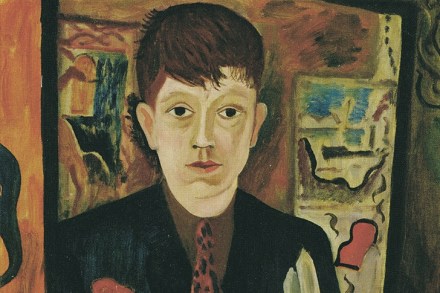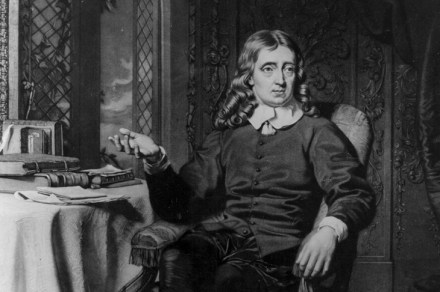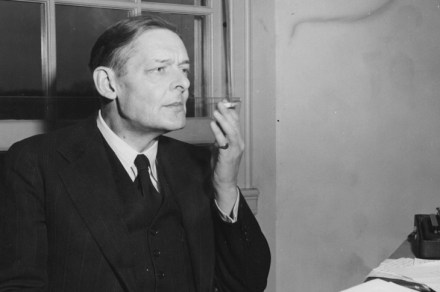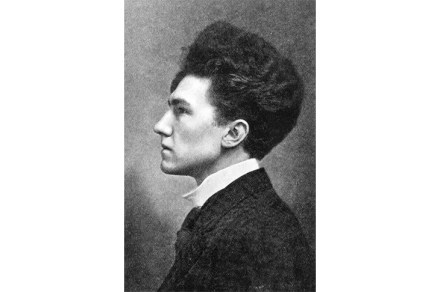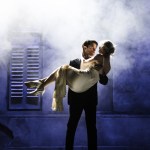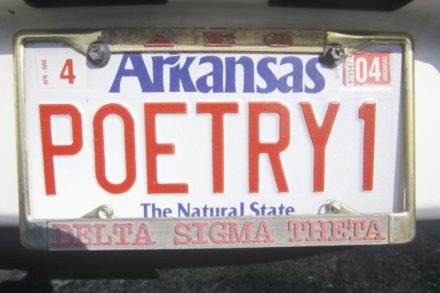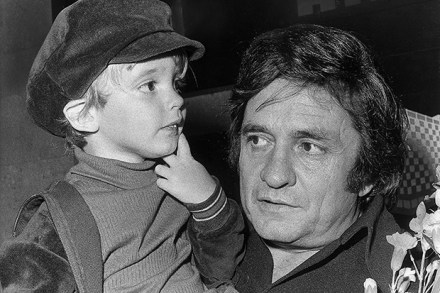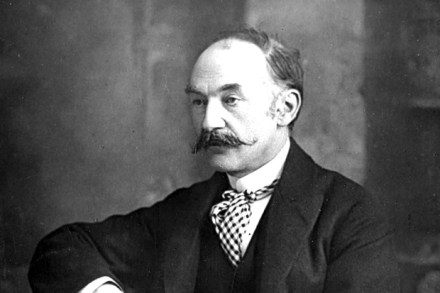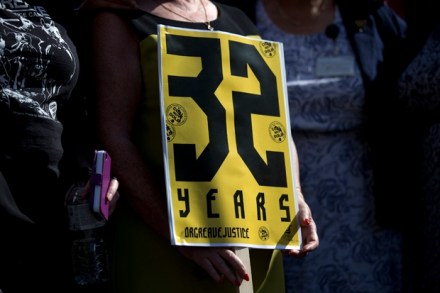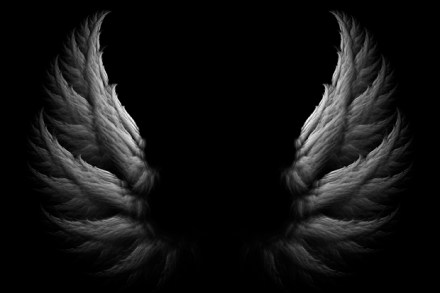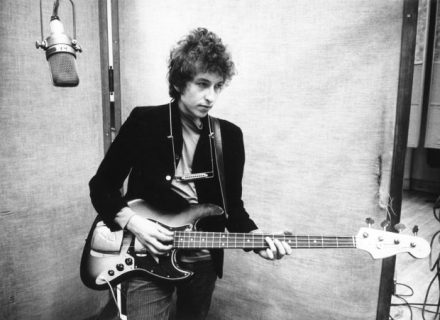Fragments of the future
Science fiction is not the first thing one thinks of in connection with the Polish poet Czeslaw Milosz, though the Nobel Prize for Literature has in fact been awarded for science fiction poetry — Harry Martinson’s Aniara was an epic about a spaceship. Then again, many English speakers probably don’t primarily associate Milosz with poetry either, but with The Captive Mind, his damning critique of the moral crisis of artists under authoritarian regimes. That book had, however, science fiction elements in its discussion of the ‘Murti-Bing pill’ — which reconciled the vanquished to their conquerors (lifted from Insatiability, a utopian novel by Stanislaw Witkiewicz, published in 1930) — and the



